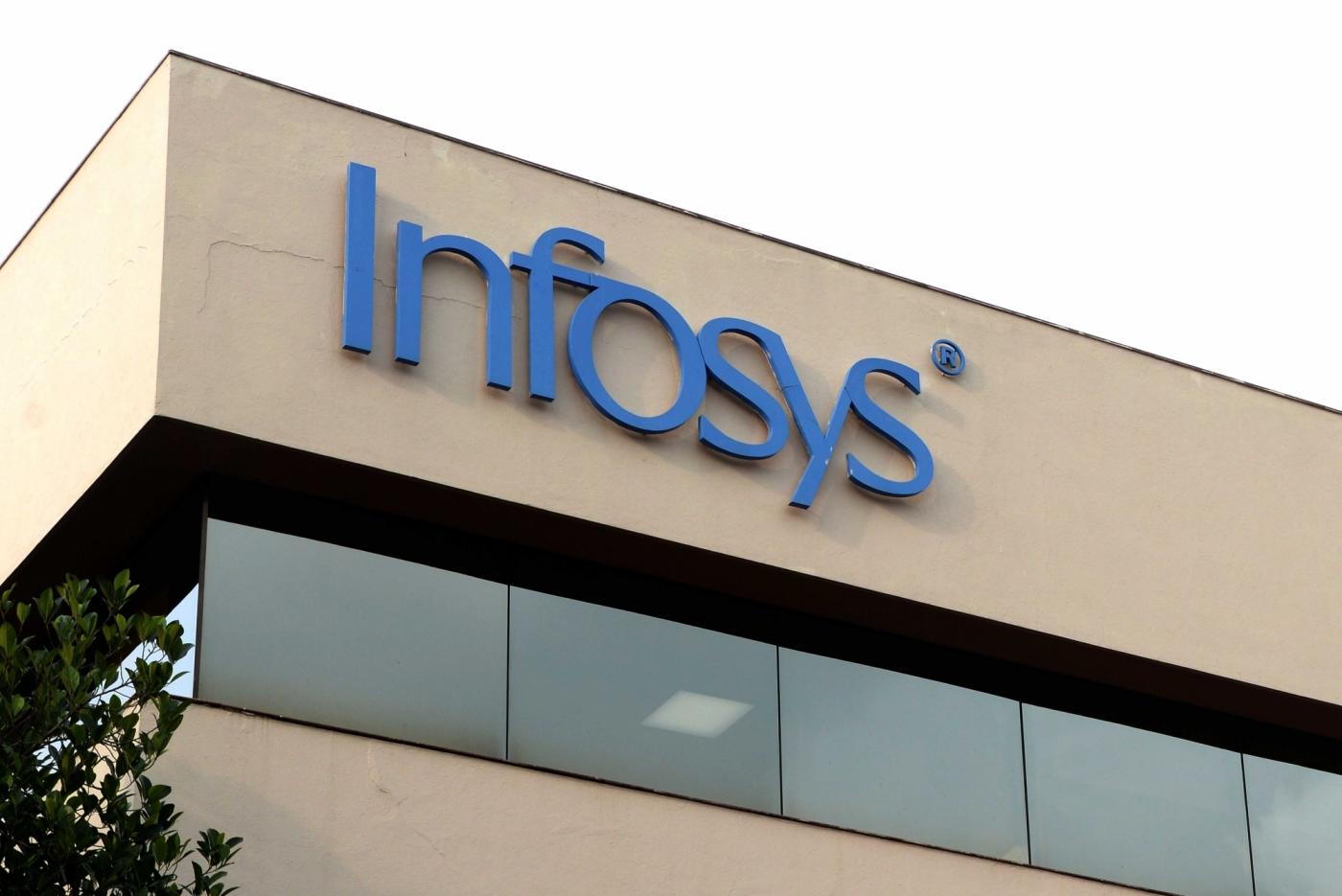A day after the Ofqual chief has stepped down from the post, UK Prime Minister Boris Johnson has blamed a “mutant algorithm” for this summer’s exam results fiasco.
According to BBC report, the prime minister said: “I am afraid your grades were almost derailed by a mutant algorithm and I know how stressful that must have been,” he told pupils at a school in Leicestershire.
Replacement grades caused chaos and required changes to some results.
Following the exam and grading debacle, the head of England’s exams regulator Ofqual has stepped down on Tuesday.
The National Education Union (NEU) called Boris’ comments “brazen” and accused the prime minister of trying to “idly shrug away a disaster that his own government created”, the BBC reported.
The prime minister had been empathising with the problems of young people during the pandemic – including the “mutant algorithm” for exam grades.

The BBC reported that Ms Collier has been under fire for a controversial algorithm which changed GCSE and A-level marks, making them unfair, according to heads.
The issue also led to many A-level students losing university places they had been offered, and a crunch on degree places. Meanwhile, Education Secretary Gavin Williamson thanked her for her commitment.
UK funds another vaccine
The University of Cambridge announced on Wednesday that a newly developed SARS-CoV-2 vaccine candidate has received funding from the British government and could start clinical trials in late autumn or early next year.
The programme is a collaboration between the University of Cambridge, Cambridge spin-out company DIOSynVax, and the University Hospital Southampton NHS (National Health Service) Foundation Trust.
Innovate UK, the British government’s innovation agency, has provided the programme with 1.9 million pounds (around 2.5 million US dollars) in funding, Xinhua news agency reported.
Called DIOS-CoVax2, the vaccine candidate is developed using banks of genetic sequences of all known coronaviruses, including those from bats, the natural hosts of many relatives of human coronaviruses.
The team said they have developed libraries of computer-generated antigen structures encoded by synthetic genes that can train the human immune system to target key regions of the virus and to produce beneficial anti-viral responses.

“We’re looking for chinks in its armour, crucial pieces of the virus that we can use to construct the vaccine to direct the immune response in the right direction,” said Professor Jonathan Heeney, head of the Laboratory of Viral Zoonotics at the University of Cambridge, and founder of DIOSynVax.
“Ultimately we aim to make a vaccine that will not only protect from SARS-CoV-2, but also other related coronaviruses that may spill over from animals to humans,” said Heeney.
The vaccine candidate is designed to be delivered pain-free without a needle into the skin, using a simple jet of air.
And it can be freeze-dried as a powder and is therefore heat stable, meaning that it does not need to be cold-stored. This makes transport and storage much more straightforward.
The team said that this is particularly important in low- and middle-income countries where the infrastructure to make this possible can be costly.









